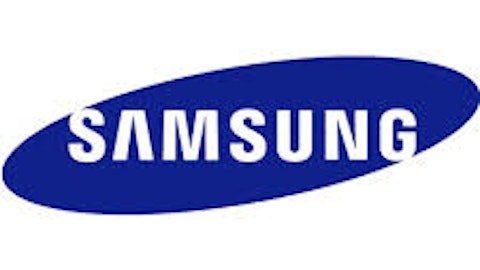If you want gigabit Internet speeds at an affordable price, you have to go with Google Inc (NASDAQ:GOOG) Fiber. That means moving to Kansas City, or, if you’re more patient, to Provo, Utah, or Austin, Texas.
Right?
Not so fast. As it turns out, gigabit services are popping up all over the place. If Google Inc (NASDAQ:GOOG) wanted to prod the competition into action, the experiment seems to be working.

Image source: Arvig.
This week, a small town in Minneapolis joined the club. Every home in Twin Cities exurb Melrose, Minn., has access to fiber-optic cables from local telecom Arvig. The $300 gigabit package is a bit more costly than Google Fiber’s typical $70 monthly fee. In fact, that pricing per megabit is in line with the fastest Verizon Communications Inc. (NYSE:VZ) FiOS service available, a 300-megabit package for $210 per month.
But don’t write off Arvig’s service as irrelevant quite yet. Verizon Communications Inc. (NYSE:VZ)’s upload service tops out at 65 megabits, while the Arvig deal offers gigabit speeds in both directions, so you’re getting more two-way speed for your money. It’s also hard to argue with the much higher top speed, which is augmented by cheaper and slower alternatives. At the low end, you’d pay $20 a month for a 20-megabit service, which is a very respectable low-end offering. And of course, Verizon Communications Inc. (NYSE:VZ) doesn’t serve Melrose. Or Minneapolis, for that matter. Arvig plans to eventually bring a similar service to the core of the Twin Cities.
But that’s just the latest example of a nationwide groundswell.

Image source: Gigabit Squared
A few neighborhoods in Seattle will get gigabit services next year, at prices comparable to Google Inc (NASDAQ:GOOG) Fiber’s. Big G has nothing to do with this installation. It’s managed by Gigabit Squared, a private company that hopes to provide a high-speed networking template for others to follow. That means implementing gigabit services at a reasonable cost, and proving to the skeptics that the business model still works.
Gigabit Squared has also announced services in Chicago. The company powers these installations by hooking into the ultrafast Gig.U backbone. That’s a high-speed network that connects about three dozen research universities to the Internet. That’s one way to ensure a robust backbone connection, and it makes sense to serve the data-hungry college towns around major research centers. After all, Google Inc (NASDAQ:GOOG)’s Internet services started with a fiber network around Stanford. You gotta walk the campus before you can run across big cities.





